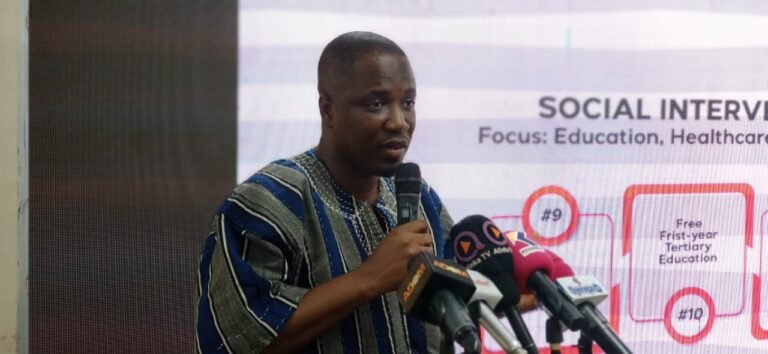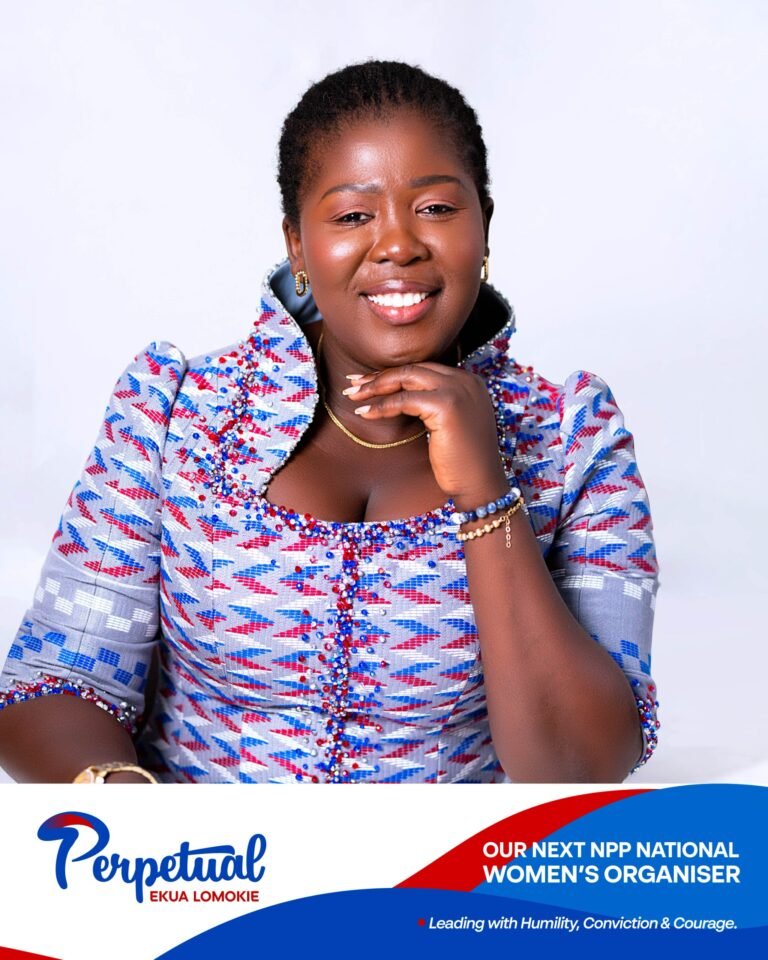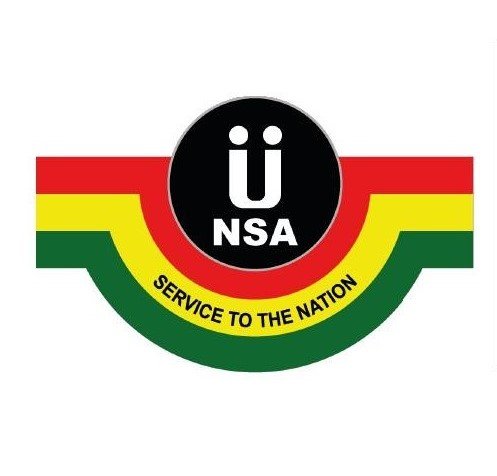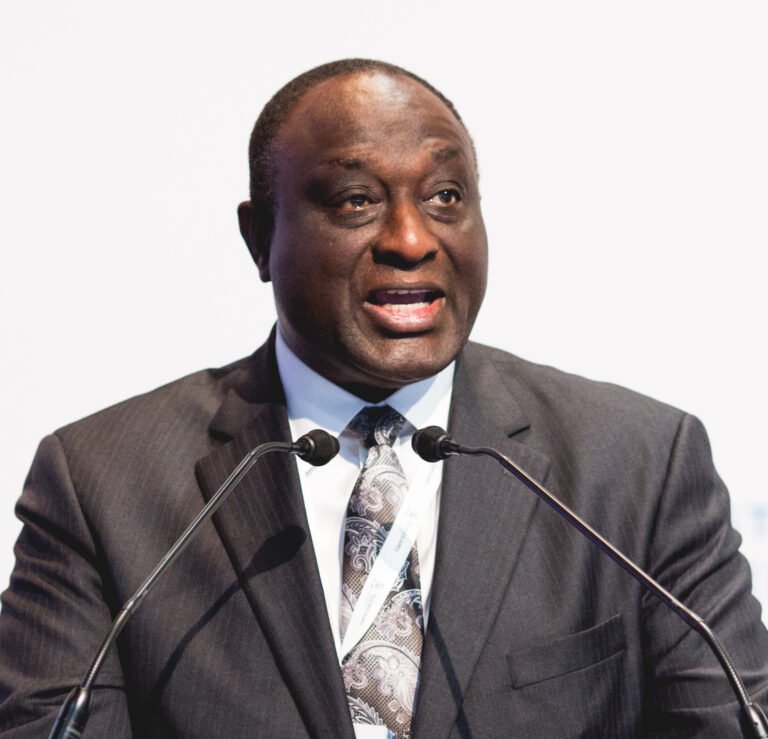
The President with some of his appointees
A joke exists in the sub-region among diplomatic community actors about Ghana knowing ‘everything in the book’ but being found wanting when it comes to implementation of policies and programmes.
Of course, we are seen as leaders in several ways, including being the true Gateway to Africa. Even Nigeria, which has a far larger economy than that us, admits that Ghana is among a class of its own when it comes to good governance and statesmanship.
Leading light
That is why Ghana played a crucial role in the fights by most nations south of the Sahara to gain independence. That is also why the Biafran War, for instance, came to an end through Ghana’s intervention.
In terms of economic growth and stability among nations in the sub-region, Ghana has come up tops, and in the annals of Second World War and peace missions in Lebanon and Cambodia, Ghana has outshined its contemporaries.
In boxing and soccer, we have equally recorded some notable successes as an African nation, and in this period of COVID-19, we have received global applauses for our management of the pandemic.
Commitment?
However, where it matters most, we usually sleep over our tasks, without showing the commitment and loyalty that other nations show in the efforts at overcoming our developmental challenges.
That is notwithstanding the quality of our Civil Service and the public sector as a whole since our national independence.
Of course, we may cite the Ministry of Trade and Industry, Ghana Standards Authority as well as the Ministry of Agriculture, Ministry of Foreign Affairs and Ministry of Finance where competence has been an abiding culture in sustaining Ghana’s trust among members in the diplomatic, business and development community.
Merit
So, when the President swears in Dr Akuffo-Dampare as the Inspector General of Police, and describes his appointment as well-deserved, we believe he reminds us as a nation and as citizens that hard work pays and deserves to be recognised and rewarded.
Good governance and competence are not only the vocabulary of the politician; they refer to every department of our lives as workers and citizens responsibly doing our bit to help develop the country.
Important correspondences that sit in pending trays, with directors skipping them, complaints from citizens to police about criminals that detectives often ignore, prosecutors dithering on their duties and deliberately misplacing files and court registrars and clerks hiding dockets are not what we do to build a nation.
Up to the task
Competence and leadership is when challenges crop up and men emerge from within to overcome those challenges and build a team that can sustain that fight.
Since the armed robbery menace hit the nation in the lead-up to the Nana Akufo-Addo induction in 2016, response on the part of the police administration, generally, had not been swift until this new IGP began cracking the whip on his men.
The result was sustained swoops and heightened police visibility that smoked out the robbers from their dens and restored some appreciable peace on the highways and in the business districts, markets and along the principal routes.
Returning to performance contracts
About five years ago, some justifiable noise was made about appointees and top public officials signing performance contracts. However, in a nation where monitoring is a scarce commodity, it became natural for that noise to die down in just the same note as it sounded.
While we commend the President for the important signal he has sent out, and the IGP for initiating a courageous fight, we believe it is time, particularly as we appoint new MMDCEs, to return to the idea of getting appointees to sign performance contracts on ‘a deliver-or-quit basis’.
That, in our opinion, is the only way to sustain the gains that are made. It is also the only way in rewarding merit and growing people to build society.







